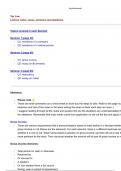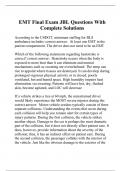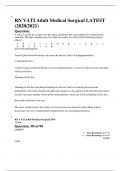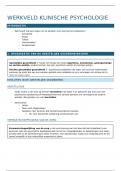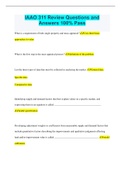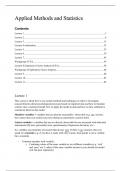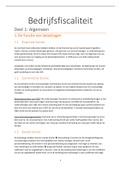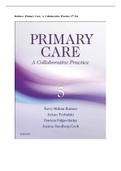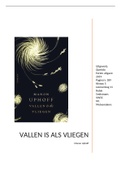Summary
Summary TAX LAW: lecture notes, case summaries, skeletons
- Course
- Tax (CML4506F)
- Institution
- University Of Cape Town (UCT)
- Skeletons to answer questions - Summaries for all cases - Lecture notes (from textbook, slides and what Prof said) - Seminars - feedback from quizzes - Are color coded and easy to locate information - General advice
[Show more]
